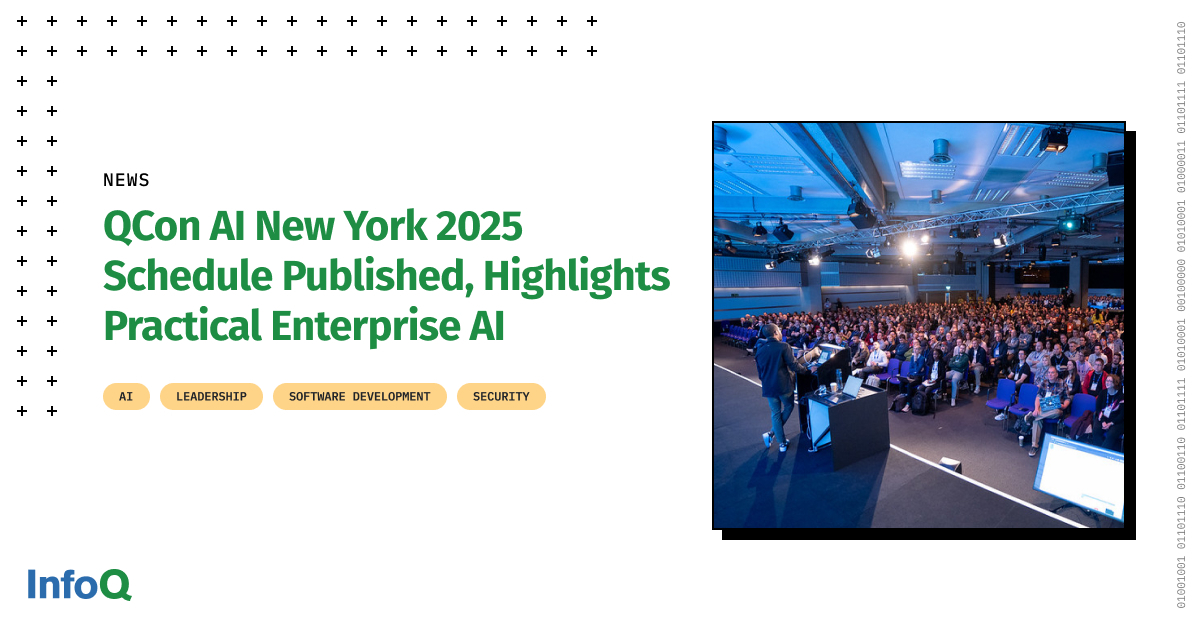Codetown
Codetown ::: a software developer's community
GatorJUG October Meeting
A good time was had by all at last night's GatorJUG meeting. Kevin Neelands discussed Android Design Patterns in the context of his recent work on the job with an Android app. The lessons learned he presented were not just interesting but huge timesavers for him. They also dramatically increased app performance. Here's a photo of Kevin:
We had a couple of folks who work at local shop Infinite Energy attend. Here Curtis McMillen describes the Observer pattern:
Hopefully, Curtis will give a presentation soon on some features he's particularly impressed with that are now part of the Java 7 distro. Stay tuned.
A good time was had by all. Thanks, Kevin!
Tags:
Replies to This Discussion
-
Permalink Reply by Kevin Neelands on October 11, 2012 at 8:23am
-
After Curtis talked about the new features in Java 7 I went home, got on Amazon and ordered a book on it. Sounds like exciting stuff!
-
-
Permalink Reply by Michael Levin on October 11, 2012 at 8:47am
-
What book did you order? Nice job last night. Thanks!
-
-
Permalink Reply by Kevin Neelands on October 13, 2012 at 1:38pm
-
Well, I ordered a Java 7 advanced featues cookbook but it turned out that was not really what I wanted. So I just got on amazon and searched specifically for java annotations and found 2 books the reference dependency injection in their description. I enjoyed giving the talk, even tho the audience knew the topic I felt I got a couple new things across, the questions afterwards helped me explain the parts I kinda glossed over, and Curtis building on it by explaining the latest java has intrinsic support for the observer design pattern was a learnin experience for us all.
-
-
Permalink Reply by Curtis McMillen on October 15, 2012 at 12:07pm
-
I wouldn't say I "knew" the topic, maybe I was very familiar with it. :) But even still, there's always something to learn. For me, it was inner classes. I know what inner classes are and I've even used them a number of times without ever stopping to ask why? What are they good for and when is it appropriate/inappropriate to use them? What effects do they have on memory vs non-inner classes? I ended up going home and digging deeper on inner classes and I actually found some pretty interesting things that I'll be blogging about pretty soon. So thanks!!
Kevin Neelands said:Well, I ordered a Java 7 advanced featues cookbook but it turned out that was not really what I wanted. So I just got on amazon and searched specifically for java annotations and found 2 books the reference dependency injection in their description. I enjoyed giving the talk, even tho the audience knew the topic I felt I got a couple new things across, the questions afterwards helped me explain the parts I kinda glossed over, and Curtis building on it by explaining the latest java has intrinsic support for the observer design pattern was a learnin experience for us all.
-
-
Permalink Reply by Michael Levin on October 16, 2012 at 7:40am
-
Curtis, Thanks again for the excellent contribution to the meeting. And, we are pumped about your JEE6/CDI presentation next month!
-
Notes
Welcome to Codetown!
 Codetown is a social network. It's got blogs, forums, groups, personal pages and more! You might think of Codetown as a funky camper van with lots of compartments for your stuff and a great multimedia system, too! Best of all, Codetown has room for all of your friends.
Codetown is a social network. It's got blogs, forums, groups, personal pages and more! You might think of Codetown as a funky camper van with lots of compartments for your stuff and a great multimedia system, too! Best of all, Codetown has room for all of your friends.
Created by Michael Levin Dec 18, 2008 at 6:56pm. Last updated by Michael Levin May 4, 2018.
Looking for Jobs or Staff?
Check out the Codetown Jobs group.
InfoQ Reading List
Google DeepMind Introduces CodeMender, an AI Agent for Automated Code Repair

Google DeepMind has introduced CodeMender, a new AI-driven agent designed to detect, fix, and secure software vulnerabilities automatically. The project builds on recent advances in reasoning models and program analysis, aiming to reduce the time developers spend identifying and patching security issues.
By Robert KrzaczyńskiPresentation: Deploy MultiModal RAG Systems with vLLM

Stephen Batifol discusses building and optimizing self-hosted, multimodal RAG systems. He breaks down vector search, nearest neighbor indexes (FLAT, IVF, HNSW), and the critical role of choosing the right embedding model. He then explains vLLM inference optimization (paged attention, quantization) and uses Mistral's Pixtral to detail multimodal large language model architecture.
By Stephen BatifolOpenAI DevDay 2025 introduces GPT-5 Pro API, Agent Kit, and more

At OpenAI's DevDay 2025, AgentKit and models GPT-5 Pro and Sora 2 were unveiled, enabling interactive software experiences directly within ChatGPT. This shift towards "apps inside ChatGPT" fosters collaboration and commercialization in conversations. Enhanced self-hosting options and robust SDKs empower developers and streamline workflows, positioning OpenAI at the forefront of AI innovation.
By Andrew HoblitzellData API Builder 1.6 Adds HTTP Header Controls and Flexible Logging

Microsoft has released Data API Builder (DAB) 1.6, expanding the open-source runtime’s capabilities for REST and GraphQL endpoints over Azure SQL, PostgreSQL, MySQL, and Cosmos DB. The new version introduces advanced HTTP header behaviours for better client-side control and a revamped logging subsystem designed to improve diagnostics and observability in both cloud and on-premise deployments.
By Edin KapićQCon AI New York 2025 Schedule Published, Highlights Practical Enterprise AI

The QCon AI New York 2025 schedule is now live for its Dec 16-17 event. Focused on moving AI from PoC to production, the program offers a practical roadmap for senior engineers & tech leaders. It addresses the real-world challenges of building, scaling, and deploying reliable, enterprise-grade AI systems, helping organizations overcome the hurdles of productionizing their AI initiatives.
By Artenisa Chatziou
© 2025 Created by Michael Levin.
Powered by
![]()

